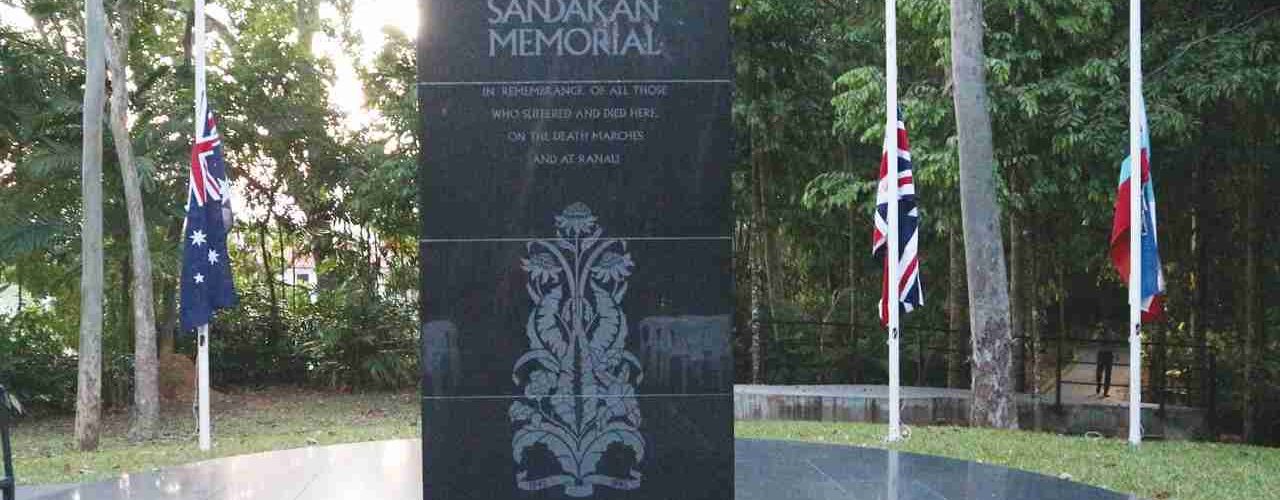Recently, 107 Australian Army personnel undertook the arduous Sandakan Death March trail from Sandakan to Ranau, Borneo, as part of their deployment in Malaysia. This experience allowed the contingent, led by Major Jamie Frisby of Rifle Company Butterworth (RCB) rotation 144, to gain a profound understanding of one of the darkest chapters in military history.
The Sandakan Death March, a forced march through the dense Bornean jungle during the final stages of World War II, claimed the lives of over 2,400 Allied prisoners of war (POWs), including both Australian and British soldiers.
During the march in 1945, the prisoners were forced to trek over 260 kilometers from Sandakan to Ranau under brutal conditions. Starvation, disease, and execution were the fate of most; only six Australians survived the ordeal. For the soldiers of RCB 144, retracing this path served as a somber reminder of the extreme sacrifices made by their predecessors.
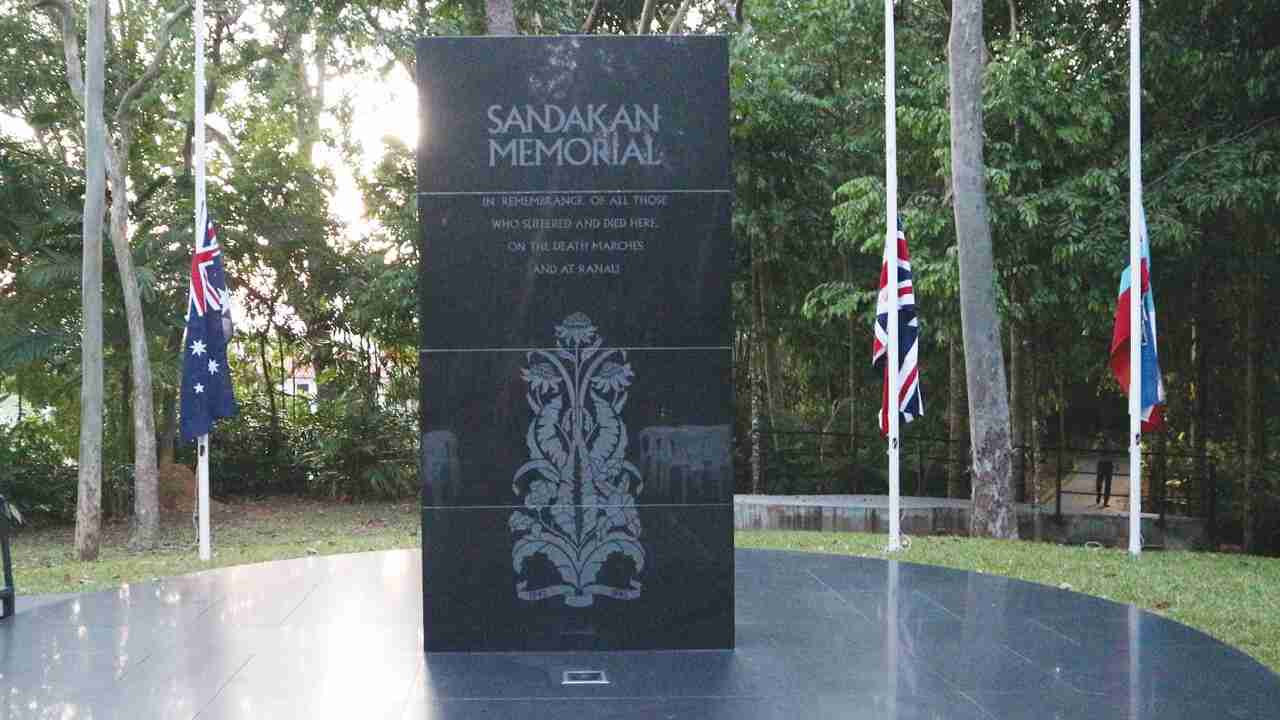
Retracing the steps: A humbling experience
For the soldiers of RCB 144, the experience was more than just a physical challenge; it was a deeply emotional journey. Second-in-command Captain Luke Gollschewski described the march as both humbling and confronting, offering the soldiers a rare opportunity to connect with the historical realities faced by the Australian POWs.
“You’d be lying to say it wasn’t tough,” Captain Gollschewski added. “There were steep ascents, slippery descents, and dense jungle. It was a challenge for myself and for the rest of the company, but it forced us to reflect upon those who had come before us and just how deeply they suffered.”
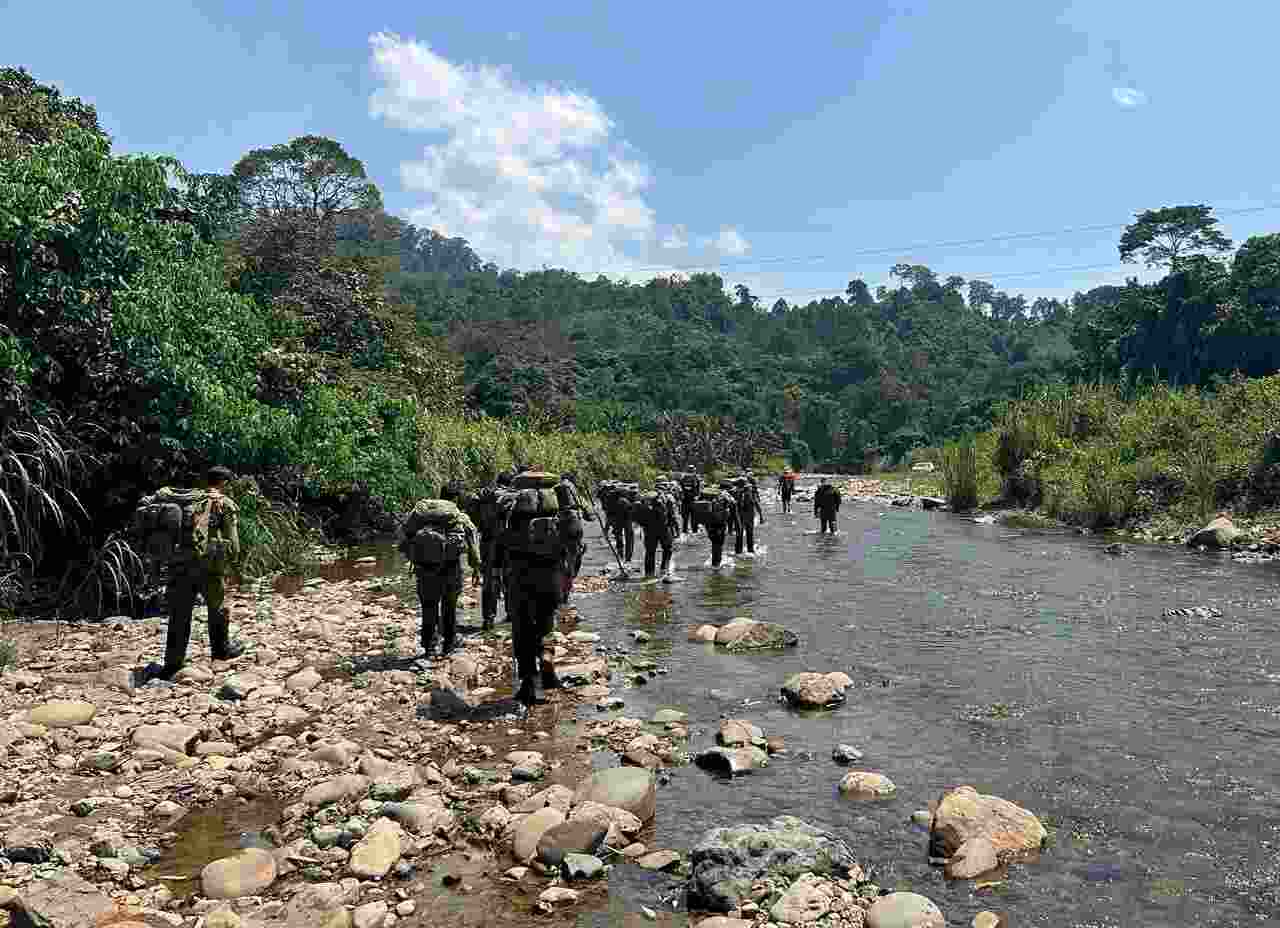
The soldiers only completed a fraction of the original march, yet the experience left a lasting impact. With modern amenities such as food, water, and regular breaks, the contrast with the dire conditions endured by the POWs was stark. The march prompted deep reflections on the resilience and endurance of those who suffered through the ordeal.
Captain Gollschewski added that the stories passed down by the local people of Sabah highlighted the unwavering determination of the Australian prisoners, whose legacy continues to inspire future generations.
Commemorating the 79th Sandakan Memorial Day
The recent trek coincided with the 79th Sandakan Memorial Day ceremony held at the Sandakan Memorial Park. This annual event commemorates the lives lost during the Death Marches and other wartime atrocities in the region. Sabah Chief Minister Datuk Seri Hajiji Noor, in a speech delivered by state Assistant Tourism, Culture, and Environment Minister Datuk Joniston Bangkuai, expressed deep respect for the fallen soldiers and emphasized the importance of remembering their sacrifices.
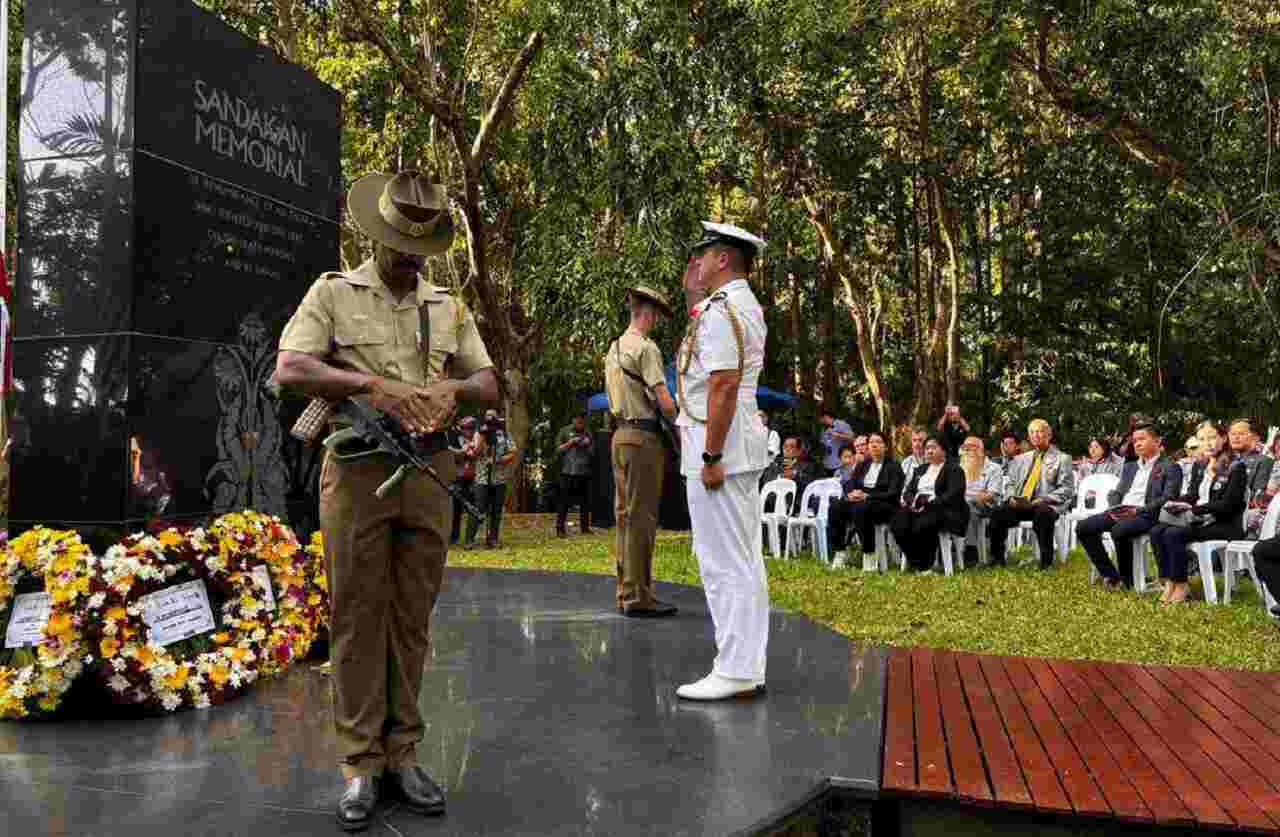
“This is an opportune time for us to reflect on their sacrifices,” Hajiji said. “Our desire for peace must be stronger and war should never prevail. Holding this date in remembrance has fostered a resonance between Australia, Britain, and Sabah.”
Hajiji praised the bravery of the Australian and British soldiers, as well as the civilians who lost their lives in the Sandakan POW camp. He acknowledged the efforts of local communities who risked their lives to assist the Allied soldiers, urging everyone to honor them as heroes.
The ceremony, attended by Australian High Commissioner Danielle Heinecke and British Acting Deputy High Commissioner Tom Shepherd, highlighted the enduring bond between Malaysia, Australia, and Britain forged through shared wartime history.
Australian High Commissioner Danielle Heinecke emphasized the significance of preserving this history for future generations. “Sandakan Memorial Day is also a day of reflection as we remember the sacrifices of local Sabahans who came to our rescue,” she said.
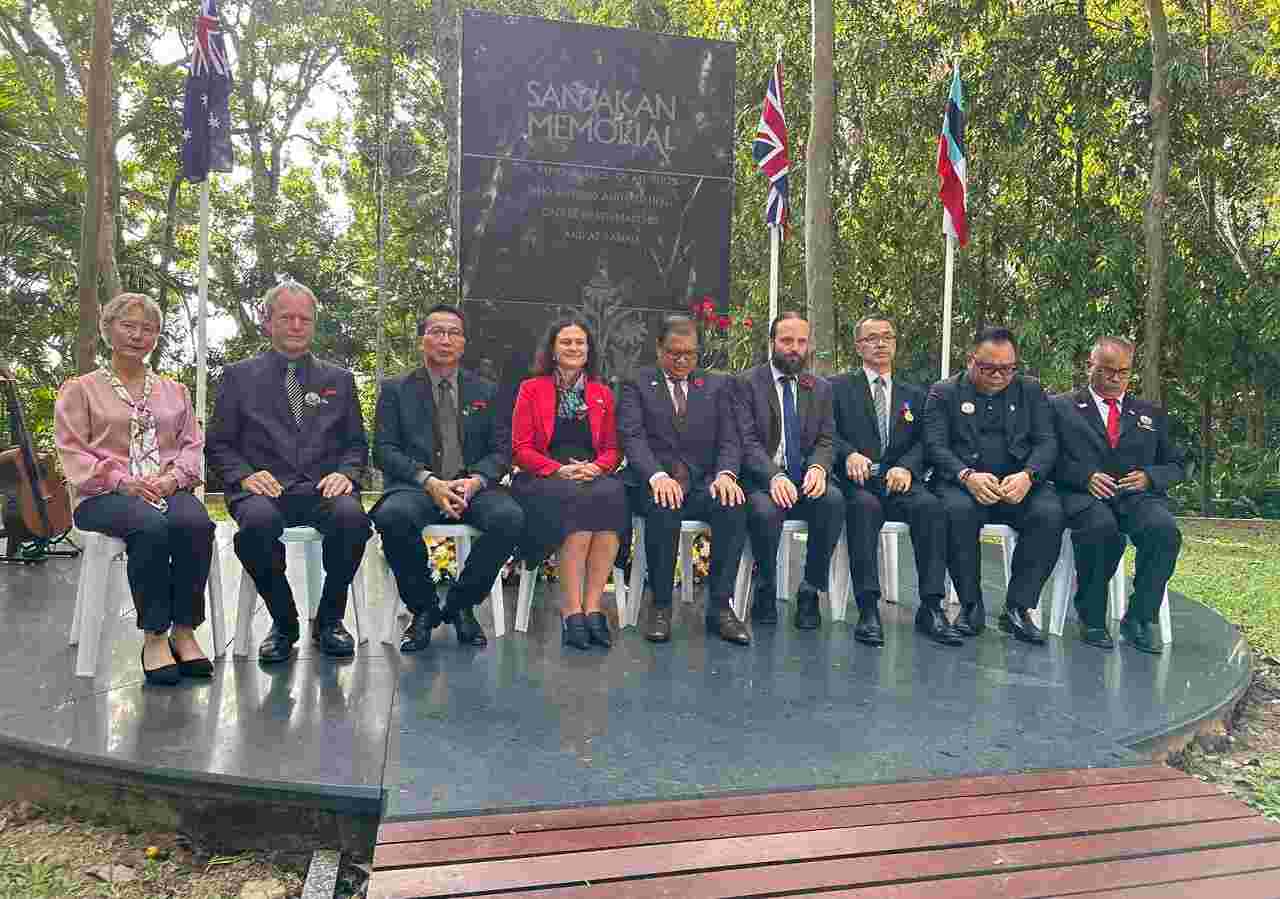
A legacy of resilience
The Sandakan Death March is widely regarded as the greatest single atrocity committed against Australians during wartime. The annual memorial and the participation of Australian soldiers in retracing this path serve as a crucial reminder of the horrors of war and the importance of remembering those who perished.
It will forever be remembered as a testament to the resilience of the human spirit and the importance of remembering history, no matter how painful. The journey taken by the soldiers of RCB 144 serves as a powerful reminder of the sacrifices made during the war and the enduring bonds between Australia, Britain, and Sabah.


